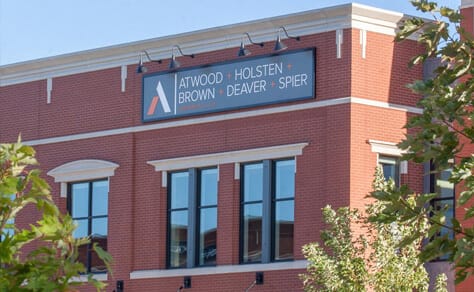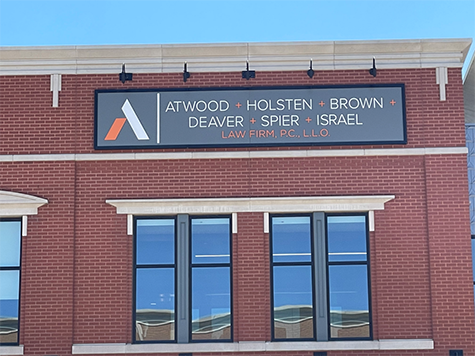The idea of self-driving cars traveling around Nebraska may sound like science fiction, but the truth is, autonomous cars are almost here. In California, Florida, Nevada and Michigan, car makers have permission to test autonomous cars on public roads. A self-driving car called Google Car can be seen regularly traveling around the roads in Silicon Valley.
Although autonomous cars are not available for consumers yet, people are already talking about the liability issues that will arise when these vehicles start being used. While Google points out that 94 percent of car crashes are caused by human error, there are still many areas where human reasoning skills may be superior to autonomous driving systems. Self-driving cars have performed poorly in rain and snow and had difficulty interpreting pedestrians’ hand signals and gestures.
Google and Mercedes-Benz have both publicly stated that they will accept liability for accidents caused by their autonomous cars. The president of Volvo said the same thing while talking at the Swedish Embassy in Washington, D.C. Right now, Volvo is preparing to launch a program that will provide 100 self-driving XC90 SUVs to people in Gothenburg, Sweden, in 2017. During his speech, Volvo’s president also pointed out that the U.S. would need to create federal regulations about autonomous cars so that car manufacturers could continue with testing programs.
Even if a car does not have an autonomous driving system, the car manufacturer may still be held liable for auto accidents caused by flaws in its vehicle. A person who has been injured in a car accident may want to talk to a lawyer about the car models that were involved in the crash and determine if there is a case for filing a claim against a car manufacturer.











